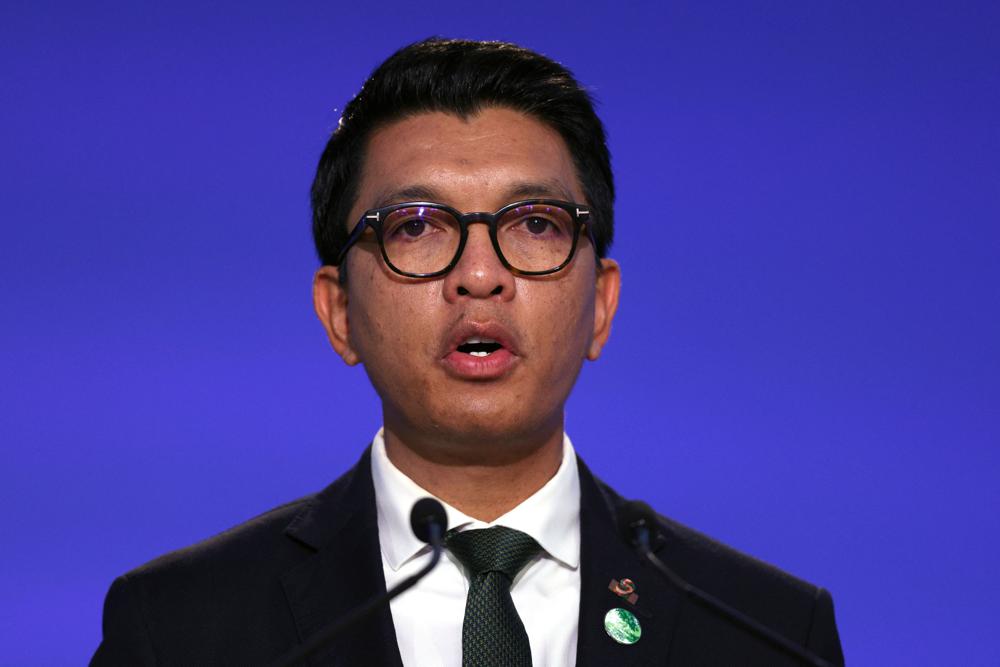Madagascar’s incumbent President Andry Rajoelina is set for a new tenure as leader of the island nation. The National Election Commission declared on Saturday that Rajoelina obtained a convincing win in the first round of the presidential elections, amassing 58.9% of the ballots cast.
Addressing the populace of Antananarivo, President Rajoelina praised the outcome as the “people’s choice”. His winning score of over 2.85 million votes indicates a profound commitment by the people of Madagascar to pursue the path of progress. In his dedicated resolve to helping the nation catch up with its developmental lag, Rajoelina confirmed his commitment to continue working on the implementation of current developmental projects in Madagascar.
However, this victory has not been without his fair share of controversies. In contrast to the last presidential elections in 2018 where a second round of voting was required for his victory, opposition leaders have claimed foul play. Ten out of Rajoelina’s twelve adversaries opted not to partake in the election campaign, calling for a boycott instead.
A collective statement released by the opposition on Friday (Nov. 24) declared that they would “not recognise the results” of the contested November 16 election and warned of potential political instability. Despite their allegations, a formal contestation of the election result is yet to be presented, and no further demonstrations have been called for.
Turnout for this particular round of elections was lower than the last, with a little over 46% of the 11 million voters casting their votes. The Election Commission attributed this reduced turnout to the existing political climate and alleged manipulation of public opinion.
Rajoelina, the former Antananarivo mayor, assumed power for the first time in 2009 following a mutiny that resulted in the ousting of the former President Marc Ravalomanana. Accusations of corruption, greed, and blindness towards the pillaging of the country’s natural resources, including its revered rosewood forests, have hovered over his leadership.
Adding to the already tense political climate, recent reports have emerged, disclosing that President Rajoelina had acquired French nationality in 2014. Under local legislation, this development implies that Rajoelina should have forfeited his Malagasy nationality and his capacity to lead the country, as claimed by his opponents.
In the weeks leading to the voting, near-daily demonstrations – often unauthorised and dispersed by police using tear gas – were held by the opposition comprising two former presidents.
Furthermore, about 60 Madagascan civil society organisations and trade unions demanded the first round vote’s “cancellation”, cautioning of an “even harder crisis” if the election were allowed to proceed. They accused the government of steering an “institutional coup” aimed at reinstating Rajoelina. The opposition candidates have appealed to the international community to intervene.
The opposition’s objections included allegations of closed polling stations, insufficient ballot boxes, and the misuse of state resources for Rajoelina’s campaign. Siteny Randrianasoloniaiko, one of the two opponents who continued to contest, also disclosed the “worrying anomalies”, which he claimed raised legitimate questions about the election results’ validity.
Arsene Dama, the President of the National Electoral Commission, asserted on Saturday that the elections were conducted “in regular and transparent conditions”, although his impartiality has been called into question by disgruntled opposition groups. Now, all eyes are on the Constitutional Court that lies with the heavy responsibility to formally validate the election results.
Image Credit: Adrian Dennis/Pool Photo via AP File





